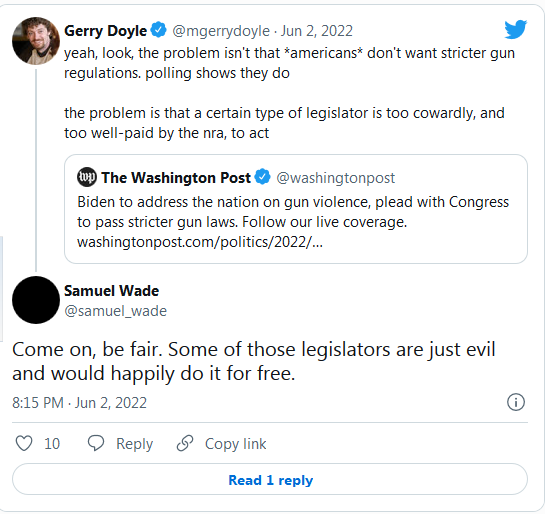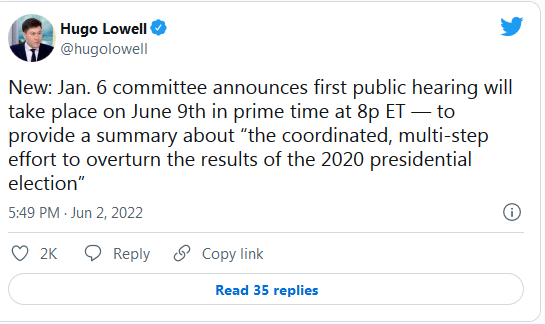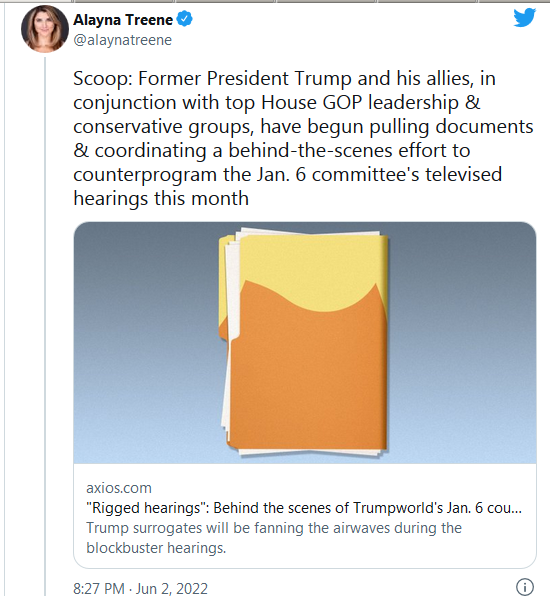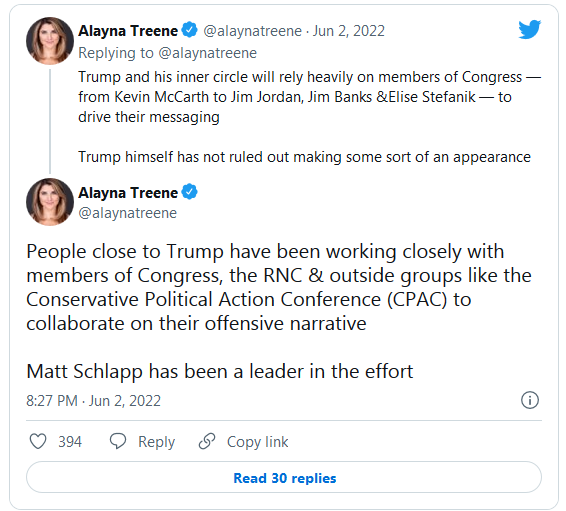Breaking ABC: Months after leaving office, Trump allegedly discussed potentially sensitive information about U.S. nuclear submarines with a member of Mar-a-Lago — an Australian billionaire who then allegedly shared the information with scores of others. https://t.co/GnNWHB8Max
— Kyle Griffin (@kylegriffin1) October 5, 2023
Donald Trump, friend to all billionaires:
Months after leaving the White House, former President Donald Trump allegedly discussed potentially sensitive information about U.S. nuclear submarines with a member of his Mar-a-Lago Club — an Australian billionaire who then allegedly shared the information with scores of others, including more than a dozen foreign officials, several of his own employees, and a handful of journalists, according to sources familiar with the matter.
The potential disclosure was reported to special counsel Jack Smith’s team as they investigated Trump’s alleged hoarding of classified documents at Mar-a-Lago, the sources told ABC News. The information could shed further light on Trump’s handling of sensitive government secrets…
According to Pratt’s account, as described by the sources, Pratt told Trump he believed Australia should start buying its submarines from the United States, to which an excited Trump — “leaning” toward Pratt as if to be discreet — then told Pratt two pieces of information about U.S. submarines: the supposed exact number of nuclear warheads they routinely carry, and exactly how close they supposedly can get to a Russian submarine without being detected.
In emails and conversations after meeting with Trump, Pratt described Trump’s remarks to at least 45 others, including six journalists, 11 of his company’s employees, 10 Australian officials, and three former Australian prime ministers, the sources told ABC News.
While Pratt told investigators he couldn’t tell if what Trump said about U.S. submarines was real or just bluster, investigators nevertheless asked Pratt not to repeat the numbers that Trump allegedly told him, suggesting the information could be too sensitive to relay further, ABC News was told.
Prosecutors and FBI agents have at least twice this year interviewed the Mar-a-Lago member, Anthony Pratt, who runs U.S.-based Pratt Industries, one of the world’s largest packaging companies.
It’s unclear if the information was accurate, but the episode was investigated by Smith’s team.
Sources said another witness, one of Trump’s former employees at Mar-a-Lago, told investigators that, within minutes of Pratt’s meeting with Trump, he heard Pratt relaying to someone else some of what Trump had just said…
Pratt told investigators Trump didn’t show him any government documents during their April 2021 meeting, nor at any other time they crossed paths at Mar-a-Lago, sources said.
Mr. Pratt has no intention whatsoever of getting mixed up in the American court system — hearsay is one thing, admitting to having *seen* classified information is much more liable to get one prosecuted.
Thursday Night Open Thread: Just A Little Light TreasonPost + Comments (41)





